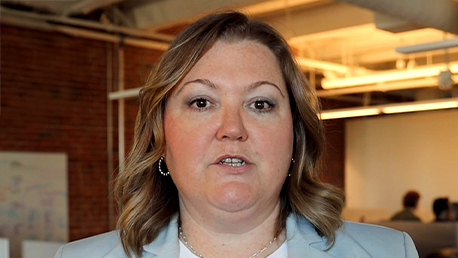Artificial intelligence is changing the game for claims automation
Many insurers are investing in claims automation, yet only about 7% of claims are processed straight through. That’s because most claims data—like police reports or handwritten notes—is unstructured and doesn’t fit cleanly into rules-based systems. These tools often can’t interpret documents in context, leading to manual work, slower processing, and inconsistent outcomes. AI addresses this challenge by analyzing unstructured data alongside structured inputs, enabling faster, more accurate decisions and reducing the need for manual intervention.
Travel insurer increases automation rate from 0% to 57% with Shift's AI-based platform
A US-based travel insurance company was manually handling around 400,000 claims per year, with each claim taking anywhere from ten days to three weeks to process.
Shift's AI-based claims solution was deployed in order to improve processing speed and accuracy by reviewing and extracting key pieces of information from documents, then delivering contextualized recommendations at scale.
- Automation rate increased from 0% to 57%
- Processing time went from three weeks to two minutes
- 98% accuracy for pay decisions
The power of AI for insurance: how genAI increases speed and accuracy
GenAI offers tools to increase the speed and accuracy of processing. Take for example, a claim about trip cancellation due to the insured illness. This type of claim comes with standard documents such as policy contracts, medical reports, a hotel invoice, and a train invoice. Our GenAI will identify and classify these documents into dedicated categories, then extract various pieces of key information from them.
- From the policy contract, it will extract names and coverage periods, as well as coverage and exclusion items to see if the claim reason is covered or not.
- From the medical report, it will extract the patient name, the diagnosis, and the onset date in order to verify if the incident is within the coverage period.
Next, our GenAI will predict intermediary decisions for each single item to say if this coverage is met. If that execution is not met, then Shift's GenAI summarize all this into a final decision along with more detailed information which will be passed to the client.
As a result of Shift's GenAI, we're able to improve the automation rate from 0% to 57%, and reduce processing time of the claim from three weeks to two minutes. Also among this 57% automation rate, it includes 46% of pay decisions and 11% of deny decisions. And for the pay decision we were able to reach to 98% of accuracy. This really brings speed, accuracy, and even better customer experience.
Learn more from our team of 200+ data scientists
This video is part of a series of interesting cases presented by our insurance-focused team of data scientists. For more examples of Shift Technology's AI-driven results, browse the AI in Action library


